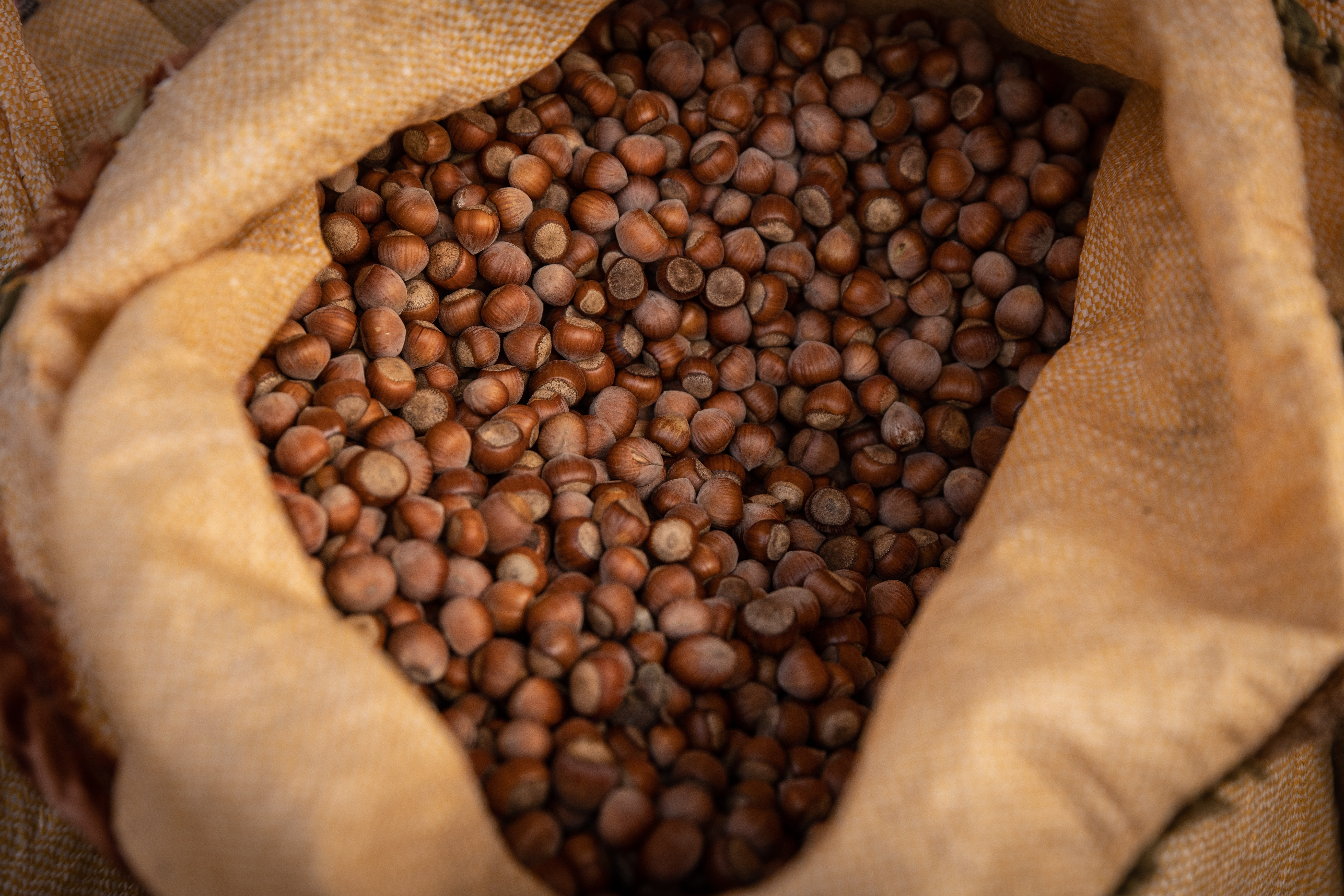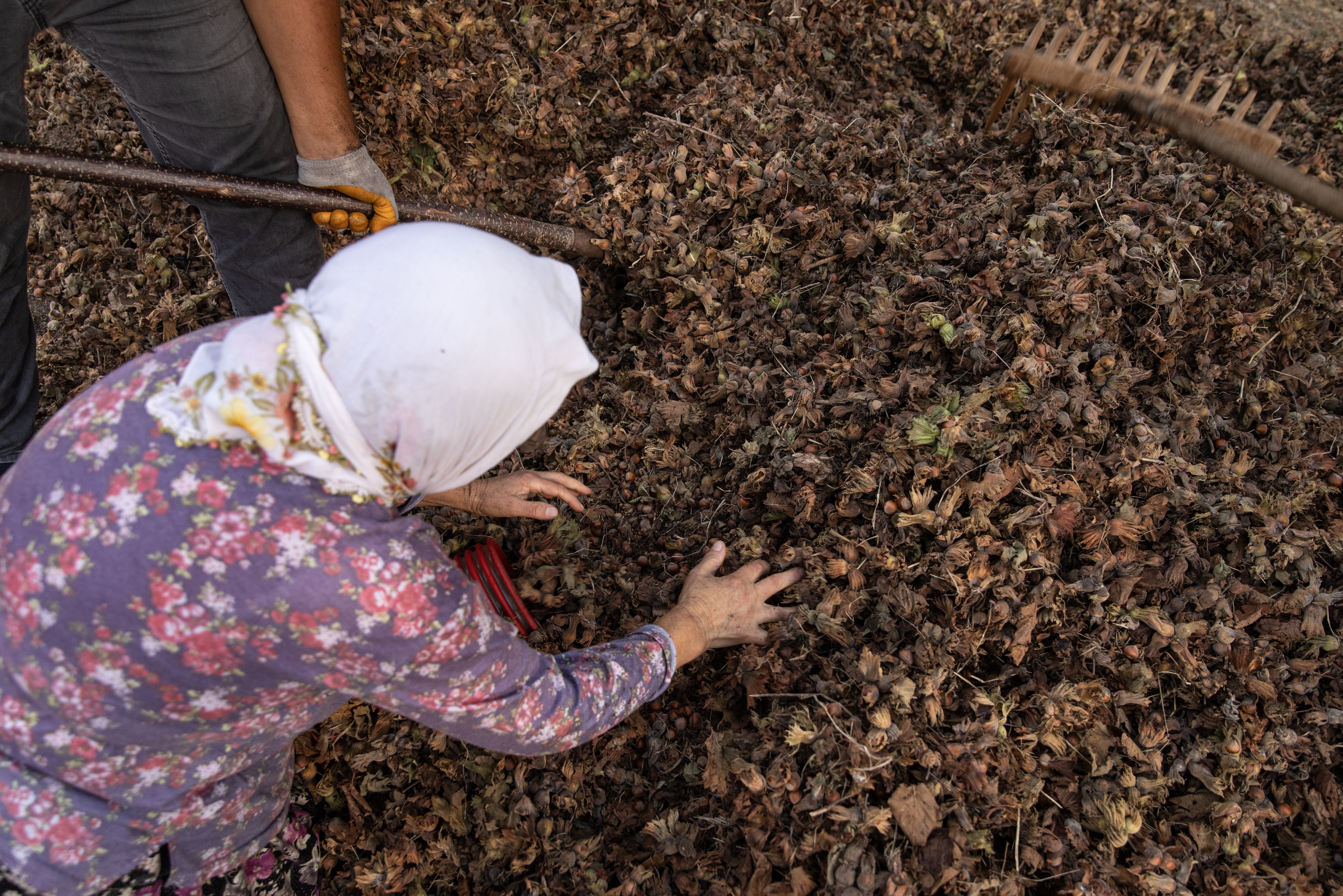Nutella lovers will not be happy to hear the price of the chocolate hazelnut spread is about to rise thanks to a hazelnut supply squeeze in Turkey.
A global favorite, Nutella, has been around for nearly 80 years. In 2015, Nutella reached 30 million fans on Facebook, and it’s become akin to peanut butter and jelly on American children’s sandwiches.
But now an unusual cold snap in Turkey is expected to make this classic sweet spread more expensive at a time when Americans are already struggling with the cost of living.
Turkey produces approximately 65 percent of the global hazelnut output, Bloomberg reports. But a cold snap in April damaged crops across the country, the publication previously reported.

Ibrahim Yumakli, the country’s agriculture minister, said on social media at the time it was “one of the largest agricultural frost events in our history since the major agricultural frost event in 2014.”
Since then, wholesale prices of hazelnuts have soared by about 30 percent, per Bloomberg. And prices are expected to continue to increase, the publication reported, citing data from agricultural intelligence firm Expana.
This could impact Nutella prices as its Italian maker, Ferrero, buys about a quarter of Turkey’s hazelnut output, according to Bloomberg.
The hazelnut supply squeeze could also affect Ferrero Rocher chocolates, another popular candy.
Ferrero told Bloomberg while weather events “can have an impact” on Turkish hazelnut production, it didn’t expect a supply disruption as there are other hazelnut producers in Italy, Chile and the United States.

So why are these frosts occurring?
As explained in a letter to the editor of the scientific journal Nature in 2021, “While attribution of a single [late-spring frost] episode to climate change is difficult, both the frequency and the severity of damage due to LSF may be amplified by the climate crisis.”







